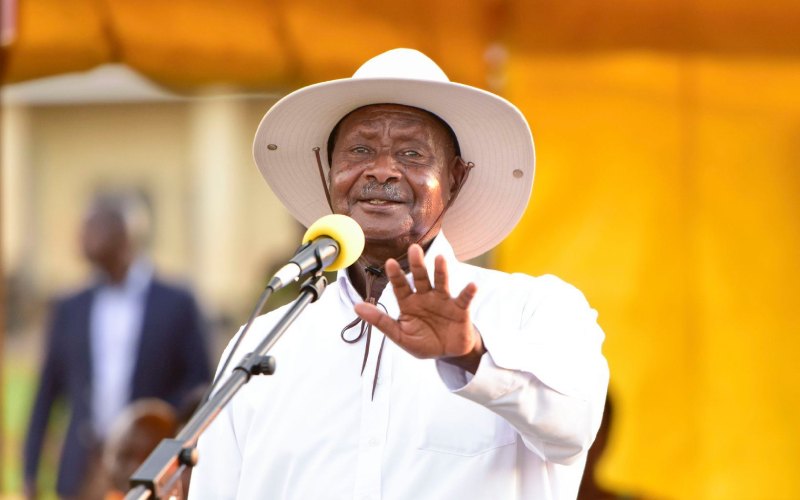
Thirty-five years ago, Prof Ali Mazrui decried Africa’s celebration of decay. The ancestors of the African peoples were angry. Why was the continent trapped in hopelessness? The answer seemed to be that Africa was suffocating in a confusion of values. It attempted to adopt foreign practices without the discipline that went with them. Its soul was lost in the confusion. Celebration of mediocrity and decay seemed inevitable. Nothing has changed.
In nearly everything we do, Africa sets a very low bar for itself. We don’t focus on universal human standards. We are happy to be the first in a race of snails. Our bar is at its lowest in leadership. As everything stands or falls with leadership, we must be satisfied to live at the level of the children of an inferior god, on the touchline of civilisation. For this, Mazrui posited, the ancestors would punish the continent. In echoes of William Shakespeare and Chinua Achebe, Mazrui delivered a harsh message, in The Africans: A Triple Heritage: